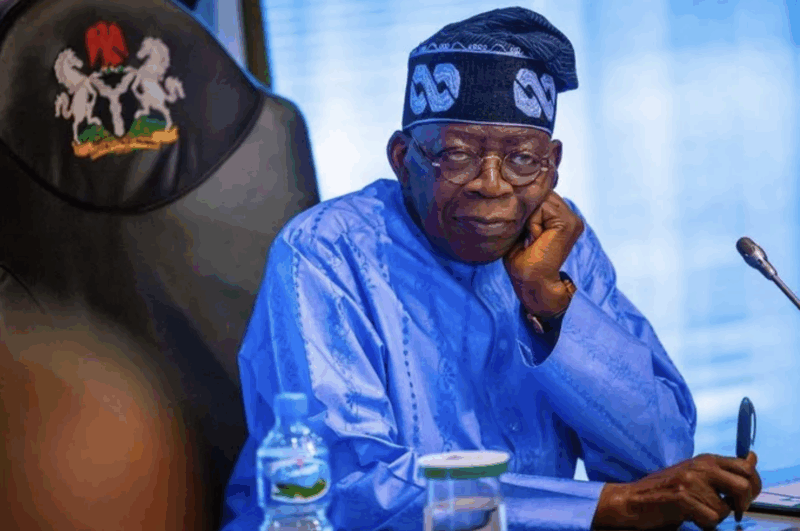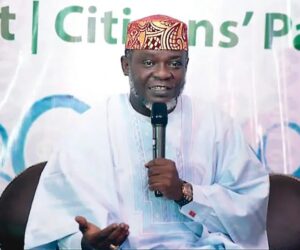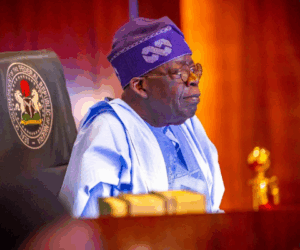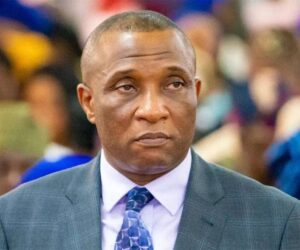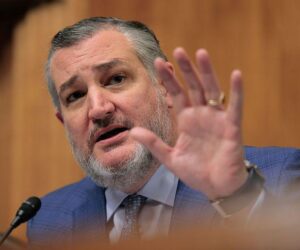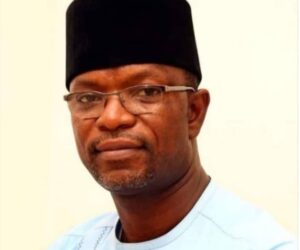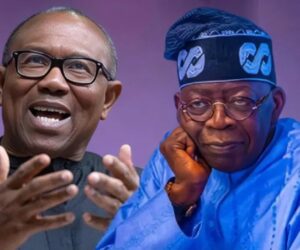
President Tinubu’s decision to replace the service chiefs was both lawful and necessary. His bold move also signalled his confidence in the armed forces and his own authority as the Commander-in-Chief. Far from reacting to a coup, it was an assertion of civilian supremacy and a reminder to the military that in a civilian democracy, the gun remains subordinate to the ballot. It also reaffirmed the principle that no officer is indispensable and that the Nigerian Armed Forces is an institution, and not a collection of personalities.
“The right thing at the wrong time is a wrong thing.” – Joshua Harris.
On 29th May, 2023, President Bola Ahmed Tinubu shocked millions of Nigerians when, without prior notice, he announced the removal of the vexed petroleum subsidy, a policy that had almost brought the country to its knees through the massive corruption and inefficiency perpetrated by officials of the Nigerian National Petroleum Corporation (NNPC) and its thieving fronts. It was a bold decision; one that many of his predecessors had avoided for fear of its political consequences. The benefit to the country is the unprecedented trillions that have accrued to the states and the reduced pressure on the foreign reserves.
Over two years later, on 24th October, President Tinubu has again demonstrated his capacity for decisive action when he appointed a new set of service chiefs – the Chief of Defence Staff and the chiefs of the Army, Navy, and Air Force, while retaining the Chief of Defence Intelligence. In doing so, the President exercised the powers conferred on him by Section 218(2) of the 1999 Constitution of the Federal Republic of Nigeria, which vests in him the authority to appoint and remove the heads of the armed services. His actions also conformed with the Harmonised Terms and Conditions of Service (Officers) — HTACOS — which regulates the tenure of senior military officers. It was last revised in 2017.
Section 11.08 of the HTACOS clearly stipulates that an officer appointed as Chief of Defence Staff, Chief of Army Staff, Chief of Naval Staff, or Chief of Air Staff “shall hold the appointment for a continuous period of two years.” Though this tenure can be extended by another two years, it is at the President’s prerogative. He solely determines their continuation in office. In other words, the service chiefs serve at the pleasure of the Commander-in-Chief.
For General Christopher G Musa and his colleagues, their exit was not unexpected; it’s just that it came out of the blue – the hallmark of Asiwaju. It is a fact known to every officer who ascends to the top of the military hierarchy that the day of disengagement will inevitably come. Yet, even with that awareness, departure is never easy, particularly for those who have been fortunate to command men in battle and shape the direction of the armed forces. The nostalgia is understandable, considering that many of them joined the military from the military school and that the military job is the only thing they know.
Part of the unease in the military can be traced to the tenure of former President Muhammadu Buhari. His refusal to adhere strictly to the provisions of the HTACOS created deep resentment among several generations of officers, particularly those from courses that were effectively blocked from ascending to the top – producing service chiefs – because of the prolonged extensions of the tenures of their predecessors.
Although Section 11.09 of the HTACOS gives the President the prerogative to extend the tenure of service chiefs, “irrespective of age or length of service,” late Buhari’s over-reliance on that clause had unintended consequences. It stagnated promotions and fuelled unhealthy rivalries – notably between Lieutenant General Tukur Buratai and Air Marshal Sadique Abubakar, over who would emerge the Chief of Defence Staff, which terribly undermined morale in the military, with officers queuing behind them on service and state lines. The result was a military that was loyal but internally divided.
President Buhari extended the tenures of the service chiefs, Chief of Defence Staff and the three chiefs of Army, Navy, and Air Force, far beyond the stipulated period, citing ongoing operations. Therefore, under Buhari, the tenure norm of “two years” wasn’t strictly adhered to, as extensions and longer service terms became the norm. The first set of Buhari’s service chiefs – General Abayomi Olonisakin, Lt. General Tukur Buratai, Vice Admiral Ibok Ibas, and Air Marshal Sadique Abubakar – used five years and six months in office.
The consequence was that under President Buhari, the following courses — 30, 31, 32, and 33 — didn’t produce service chiefs.
Learning from the late Buhari’s mistakes, Tinubu clearly wants to maintain the two-year tenure. Lagbaja served less than two years (~one year, 4½ months) due to his death, while others like Musa and Ogalla served for over two years — precisely two years and four months by October.
Tinubu’s decision, therefore, represents a course correction. Tinubu clearly understands this fact and is determined, in his own way, to make timing work for him and not against him — a return to the discipline of the system and adherence to the letter of the law. By refreshing the leadership cadre in line with the established two-year cycle, he has restored predictability and respect for institutional processes.
Unfortunately, what should have been a straightforward leadership transition was almost overshadowed by the swirling rumours of the “ plot.”
Was there really a coup? If one goes by the conjunction of events – the arrests announced by the Defence Headquarters, the dismissal of the coup as “baseless and mischievous,” and the timing of the retirement of the service chiefs – one can safely conclude that something was indeed afoot. The sequence suggests that there might have been an attempt, however tentative, to subvert constitutional authority. Did it fast track the appointment of the new chiefs? The answer is obvious.
So far, the government has not issued a categorical statement on the matter. Knowing the President, the silence could be strategic, intended to avoid panic and to allow investigations to proceed discreetly. There is also the possibility that the government is uncertain about how best to communicate the gravity of what the plotters had planned, especially the rumour that politicians were targeted in the President Anwar Sadat-type assassination. Either way, the opacity has only fuelled speculation and public anxiety.
Be that as it may, one fact remains undeniable: military coups do not happen in a vacuum. For any military plot to gain traction, the environment must be politically, economically, and socially conducive. Military adventurism thrives where governance fails, where the people have lost faith in civilian institutions, and where frustration festers unchecked.
So, the political class owes itself the duty of taking a hard look at itself in the mirror. It must check corruption, insecurity, and economic hardship, which are fertile grounds for those who fancy themselves as saviours in uniform. The antidote to coups is not repression or purges within the military; it is purely good governance, fairness, and trust between the government and the governed. The “coup that failed” should serve as a teachable moment for the civilian class, even though the military has shown that democratic rule pays it better. During the military dictatorships of General Ibrahim Babangida and Sani Abacha, mess life died due to fears of being “dragged” into coups as plotters or accessories.
As President, Tinubu has a responsibility to lead the engagement with the National Assembly, some notorious governors, and other stakeholders to clean up their acts. Despite the failure of the plot and the reassurance by the military that there is “no shaking” in its loyalty to constitutional authority, he must tell them in unmistakable terms that the attempted plot is a serious warning to the political class and that the best safeguard against any future “coup attempt” is a government that works, that delivers justice, jobs, and security, and that has earned the confidence of its citizens.
President Tinubu’s decision to replace the service chiefs was both lawful and necessary. His bold move also signalled his confidence in the armed forces and his own authority as the Commander-in-Chief. Far from reacting to a coup, it was an assertion of civilian supremacy and a reminder to the military that in a civilian democracy, the gun remains subordinate to the ballot. It also reaffirmed the principle that no officer is indispensable and that the Nigerian Armed Forces is an institution, and not a collection of personalities.
Like the military boys themselves are fond of saying, soldier go, soldier come, barracks remain.
President Tinubu appears to have judged rightly that the benefits of renewal in line with his renewed hope agenda outweighed the risks of inertia.
Emmanuel Ado, a security analyst, wrote from Abuja.

